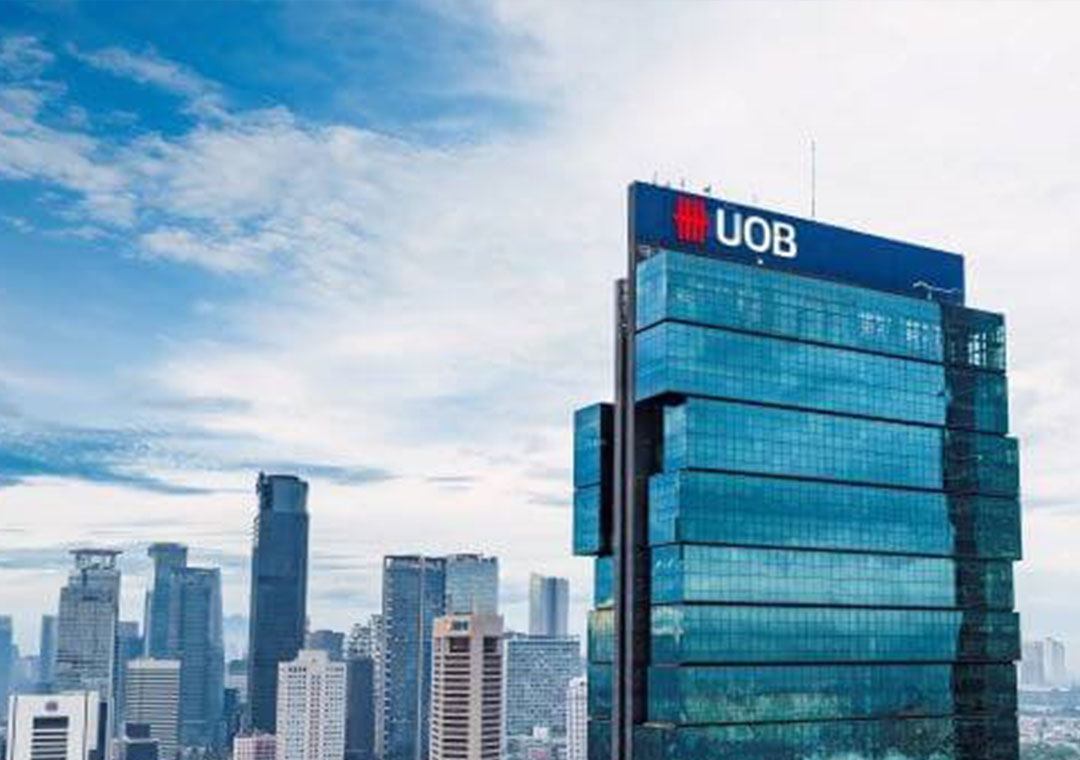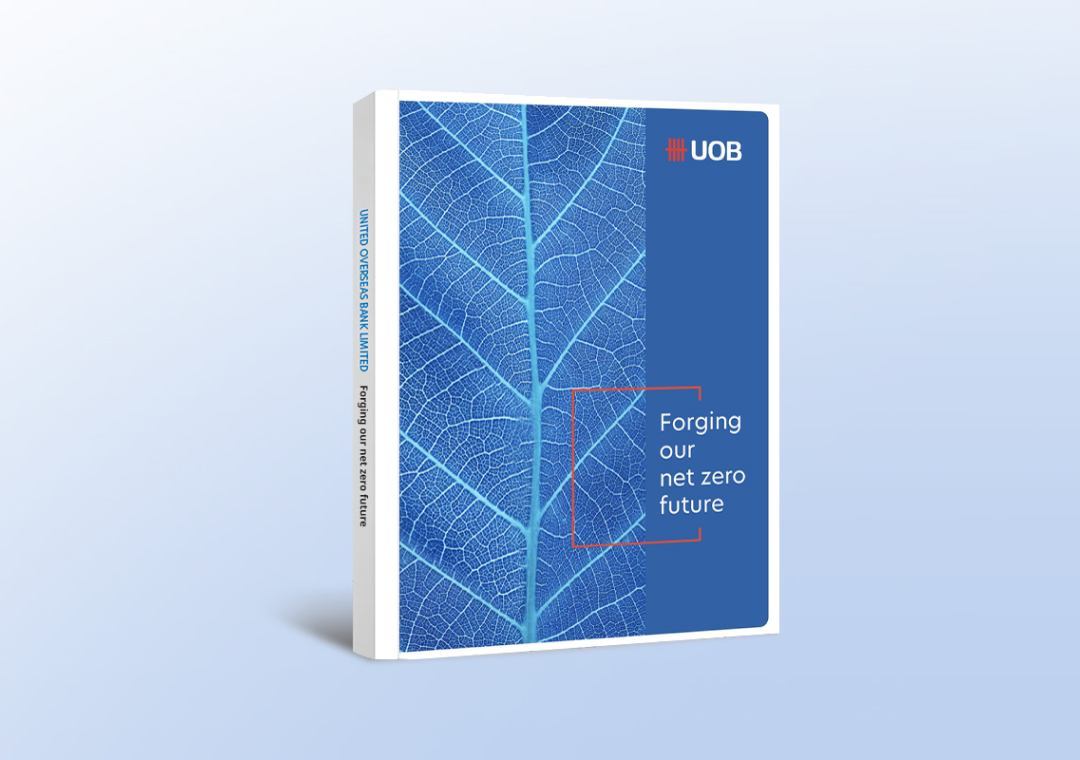
Net Zero Commitment
The global call for stronger and coordinated climate action is getting louder and
more urgent. Increasingly, countries and companies are pledging their commitment
to net zero emissions, and are setting measurable goals and planning tangible
actions to support this global transition. We cannot pass the responsibility to
future generations; we must address this transition with urgency
today.
Asia, particularly Southeast Asia, is one of the areas most
vulnerable to climate change. UOBI, as a subsidiary of UOB which is a leading
financial institution in this region, is steadfast in being a positive force in
the fight against climate change. UOB’s commitment to net zero by 2050 is
grounded in the need for a just transition that continues to support
socioeconomic growth and improve energy access across the diverse economies in
the region, in tandem with decarbonisation.
As a start, UOB has covered two key carbon-emitting ecosystems, namely energy and
the built environment. These span six focus sectors that are material
contributors to greenhouse gas (GHG) emissions regionally and account for about
60 per cent of UOB’s corporate financing portfolio.
The six sectors are
among the most important for decarbonisation. In particular, oil, gas and coal,
which are the supply of fossil fuels, are responsible for 73 per cent of direct
emissions globally. The power, automotive, real estate and steel sectors,
through downstream usage of electricity, passenger cars, iron, steel and
buildings, account for 67 per cent of emissions from fossil fuel combustion. The
construction of UOB’s targets in these sectors reflect the ambition to
facilitate this change end to end.
UOB's principles for prioritising sectors
- Emissions materiality
Focus on ‘brown’ sectors with highest GHG emissions and criticality for achieving climate goals
- Sector abatement horizon
Focus on sectors with largest expected decline in GHG emissions in coming years
- Portfolio materiality
Cover sectors representing a significant portion of UOB’s corporate loan book, where we have the greatest potential to effect change

UOB is guided by the science in setting the net zero targets and has based the targets on internationally-recognised climate models. In consideration of structural differences across the region, UOB has extracted regional pathways for some targets that represent fair contributions of its key markets.
This approach is in line with the guidance from the Glasgow Financial Alliance for Net Zero (GFANZ) on how financial institutions should set targets and use sectoral pathways in alignment with the Paris Agreement and the 1.5°C global warming trajectory outlined by the Intergovernmental Panel on Climate Change.
As a commercial bank, UOB sees its role as a catalyst and enabler to influence the real economy towards net zero. UOB is embedding these net zero targets in its business strategies and operations. To this end, UOBI will actively engage our clients across the region to support them on setting their net zero plans or on making their existing net zero plans more ambitious, as well as through transition financing. We will also direct more financing towards green projects and activities, and away from those that emit the most carbon.
UOB seeks to expand the scope of its targets to include new sectors and sub-sectors as data and climate scenarios become available.
More information on UOB’s commitment to net zero is available at https:/www.uobgroup.com/sustainability/ forging-our-net-zero-future.html
